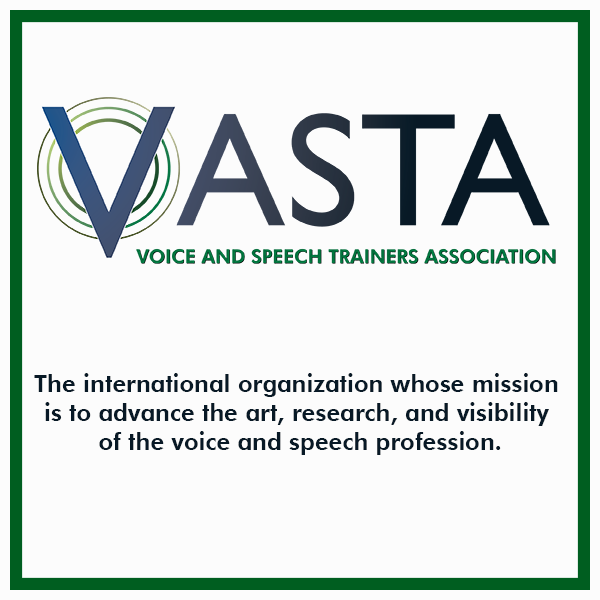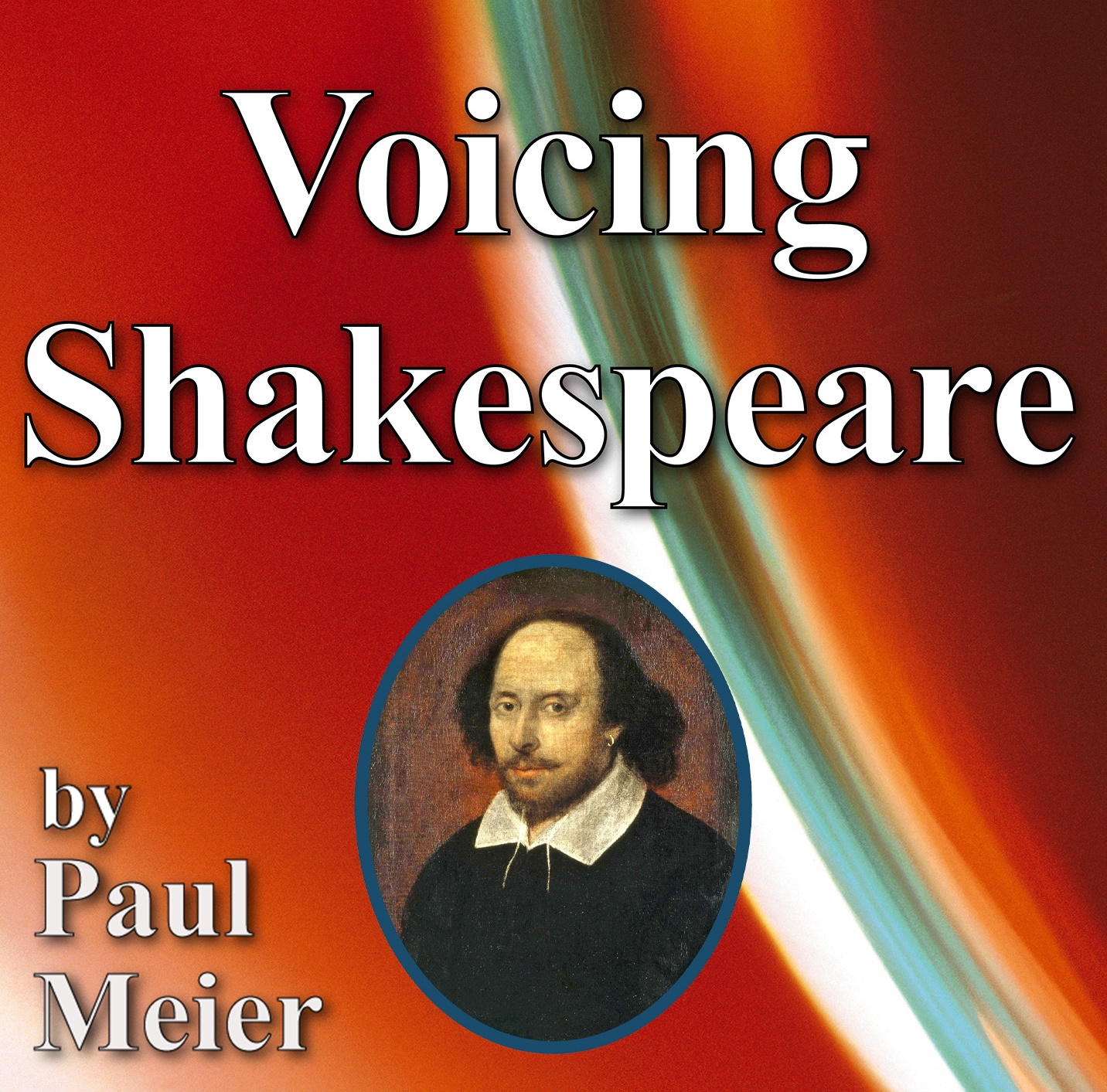India 2
Listen to India 2, a 24-year-old woman from Madras (or Chennai), India. Click or tap the triangle-shaped play button to hear the subject.
Both as a courtesy and to comply with copyright law, please remember to credit IDEA for direct or indirect use of samples. IDEA is a free resource; please consider supporting us.
BIOGRAPHICAL INFORMATION
AGE: 24
DATE OF BIRTH (DD/MM/YYYY): 1977
PLACE OF BIRTH: Madras (called Chennai now) in the state of Tamilnadu, Southern India
GENDER: female
ETHNICITY: N/A
OCCUPATION: student
EDUCATION: N/A
AREA(S) OF RESIDENCE OUTSIDE REPRESENTATIVE REGION FOR LONGER THAN SIX MONTHS:
She has lived in Madras throughout her life. After school and undergraduate education, she worked for a couple of years in Madras and then decided to pursue graduate education in the United States.
OTHER INFLUENCES ON SPEECH:
She speaks Tamil at home with her parents and relatives. But at school and at work, she has spoken English mostly. She studied in an English medium school right from kindergarten. It was a Christian institution, and they were forbidden from speaking in any language other than English. So with her friends at school, she would converse only in English. Her second language at school was Hindi, and she also learned a little French and German. As a result of the predominant English influence, her Tamil has a slight English accent mixed with it. This is typical of students from English medium Christian schools. She speaks pretty good Tamil but finds it difficult to use pure Tamil words. Her sentences would always contain English. She expresses herself better in English.
The text used in our recordings of scripted speech can be found by clicking here.
RECORDED BY: David Martin
DATE OF RECORDING (DD/MM/YYYY): 15/03/2001
PHONETIC TRANSCRIPTION OF SCRIPTED SPEECH: N/A
TRANSCRIBED BY: N/A
DATE OF TRANSCRIPTION (DD/MM/YYYY): N/A
ORTHOGRAPHIC TRANSCRIPTION OF UNSCRIPTED SPEECH:
I was born in a city called Chennai, in the south of India, and I have come to study at KU at the United States of America. The city that I was born in, Madras, also called Chennai now, is … was the only city that I have ever lived in, so to me it’s just a city. People consider that city to be a conservative city compared to other cities, other metropolitan cities in India. At home, what my mother cooks in the morning is a breakfast of what we call an Itles, which is rice pancakes, or we have dolsas, which is also made of rice flour. In the afternoons, our main course is usually rice, with what we call a tsambar or rossum, and we always finish it off with rice and curd, which is yogurt. And, evening snacks usually people have coffee or tea, but I don’t. No, I have a glass of milk. At night again, it’s back to rice again, or sometimes people prefer to have a tortilla-like dish called japati. Yes, the movie industry is huge business, and every state has its own industry, so we have several movies, hundreds of movies being produced every year from different states. Among all the movie industries in India, the most popular would be the industry in Bombay, which is called Bollywood, and we also have one in my state. And the kinds of movies that are produced are really funny,because, unlike English movies, which I like very much, the kinds of movies that are produced are mostly love stories. It’s between..it’s usually about a man and a woman who meet and they fall in love and the kind of problems they face, and it’s usually revolving around the man and the woman. Or if it’s an action movie, then it’s usually about some kind of tension in a particular state, some Muslim-Hindu fight, or it’s usually about that. Or if it’s a family kind of…if it’s a drama, then it’s usually a family, about a nuclear family and the problems they face, and so on. Well, I wouldn’t be able to list out the different castes that we have in the country, because, while it was a big deal in the earlier years, now we don’t really distinguish between castes and religion. At least, where I’ve been living and the people that I’ve been mixing with, we don’t really look at the caste or the religion. But I believe that some people do think that some castes are higher and others are looked down upon, but that has been … people have been trying to take that out.
TRANSCRIBED BY: N/A
DATE OF TRANSCRIPTION (DD/MM/YYYY): N/A
PHONETIC TRANSCRIPTION OF UNSCRIPTED SPEECH: N/A
TRANSCRIBED BY: N/A
DATE OF TRANSCRIPTION (DD/MM/YYYY): N/A
SCHOLARLY COMMENTARY: N/A
COMMENTARY BY: N/A
DATE OF COMMENTARY (DD/MM/YYYY): N/A
The archive provides:
- Recordings of accent/dialect speakers from the region you select.
- Text of the speakers’ biographical details.
- Scholarly commentary and analysis in some cases.
- In most cases, an orthographic transcription of the speakers’ unscripted speech. In a small number of cases, you will also find a narrow phonetic transcription of the sample (see Phonetic Transcriptions for a complete list). The recordings average four minutes in length and feature both the reading of one of two standard passages, and some unscripted speech. The two passages are Comma Gets a Cure (currently our standard passage) and The Rainbow Passage (used in our earliest recordings).
For instructional materials or coaching in the accents and dialects represented here, please go to Other Dialect Services.
 IDEA: International Dialects of English Archive
IDEA: International Dialects of English Archive




